Sustainability is a big word.
We all hear it, see it and read about it but what does it really mean in our everyday lives.
While many of us have a desire to protect and preserve the earth and its resources, feeling motivated or knowledgeable can sometimes be rough – especially when there are many other tasks on our to do list. The upside: even the smallest of changes can make a lasting impact.
Not sure where to start? We’ve broken down the simplest ways to incorporate sustainable living into your everyday home life.
Compost
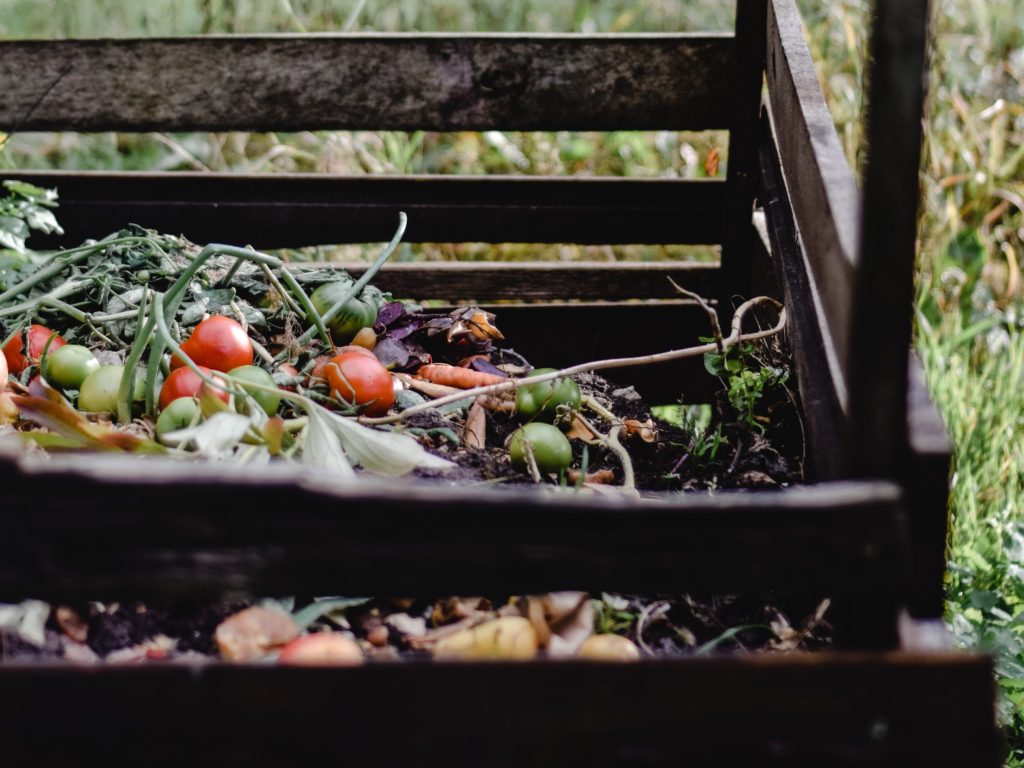
Did you know that in the United States alone, we produce almost 108 billion pounds of food waste per year? Food that you dump in the trash bins is sent off to landfills, where it can be difficult to biodegrade.
Easy solution? Start your own compost pile.
Composting is really quite easy. The trickiest part is choosing what method works best for you. Traditional compost bins come in a variety of designs, that can work for almost everyone with a little backyard space. Renting or without land? There are still options for you!
Check online for local community gardens. These gardens will often have a community compost option, where you can bring your food waste while also helping to brighten up your neighborhood. We’re also huge fans of Lomi, a new at-home composter, by the makers of Pela biodegradable phone cases. Super chic and counter top friendly!
Go Plant-Based
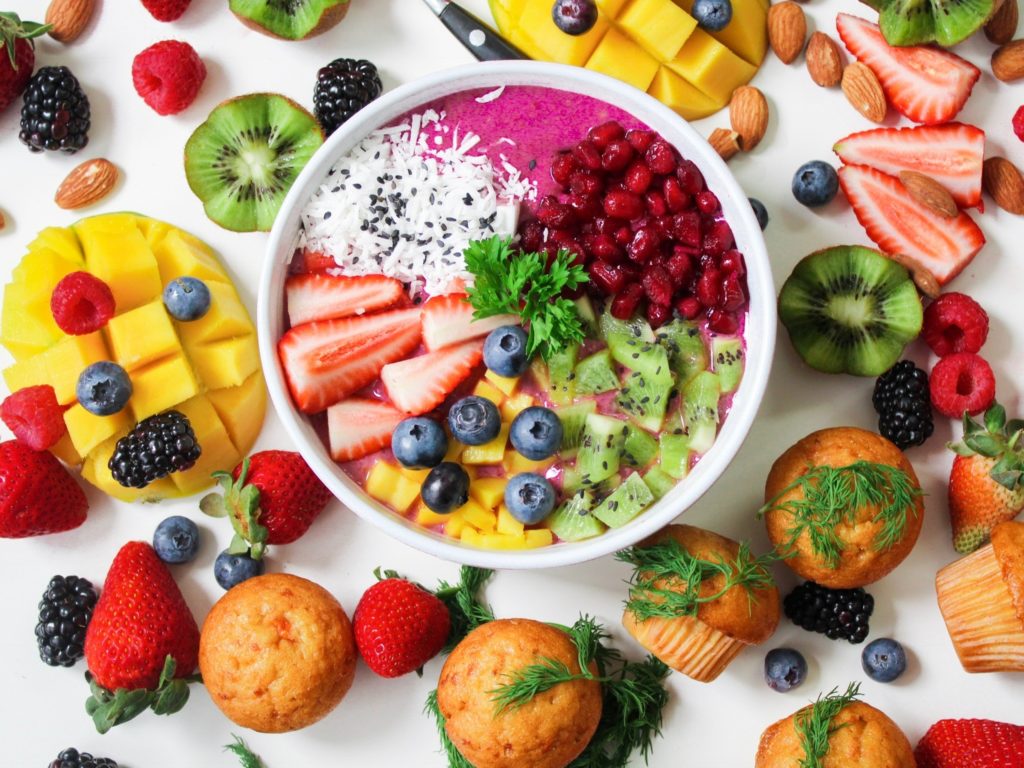
One of the biggest environmental stressors these days is the way we farm and produce meat and animal products. The land required to keep up with the United States demand for meat requires large amounts of deforestation. Additionally, livestock farming produces huge amounts of methane, which eats away at the ozone layer, contributing to global warming.
People have long touted the health benefits of reducing our consumption of animal products. However, it is also one of the best individual steps you can take towards reducing your environmental footprint.
Don’t worry though, we aren’t suggesting you have to cut out animal products entirely to make a difference (unless you want to!). Even by incorporating a few plant-based meals a week can have huge benefits to the earth.
Cool Mom co Tip: Start with one day a week to go meatless with your family, hello Meatfree Mondays, and then work your way up from there!
Choose Fabrics Wisely

Most of us are aware of the dangers of the fast fashion industry, and how the effects can be damaging to people and the planet. However, it goes deeper than easily disposable garments.
In order to keep up with consumer demand, many companies are making their garments primarily out of polyester and other synthetic fabrics. These synthetic materials release microplastic threads when washed, which end up in our oceans.
Paying attention to the fabric content of your clothes can make a huge difference! The key is to look for natural fibers like cotton, wool, and linen. This will help keep all those nasty microplastics out of the oceans!
Update Your Appliances
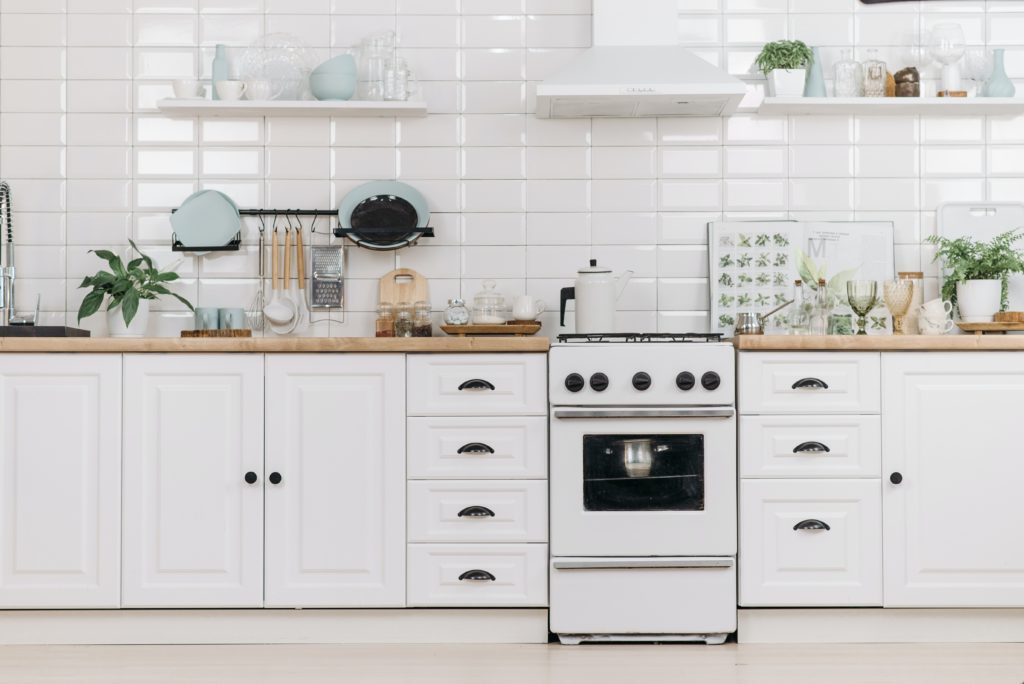
If you are still rocking the old appliances your home came with, you may be using way more energy than you need to! Energy efficient appliances have made huge leaps in the past few years and can now be about 10% more efficient than older models.
Not sure where to start? Look for appliances that have an “Energy Star” logo on them. Your wallet and the planet will thank you!
Think Outside the Lawn
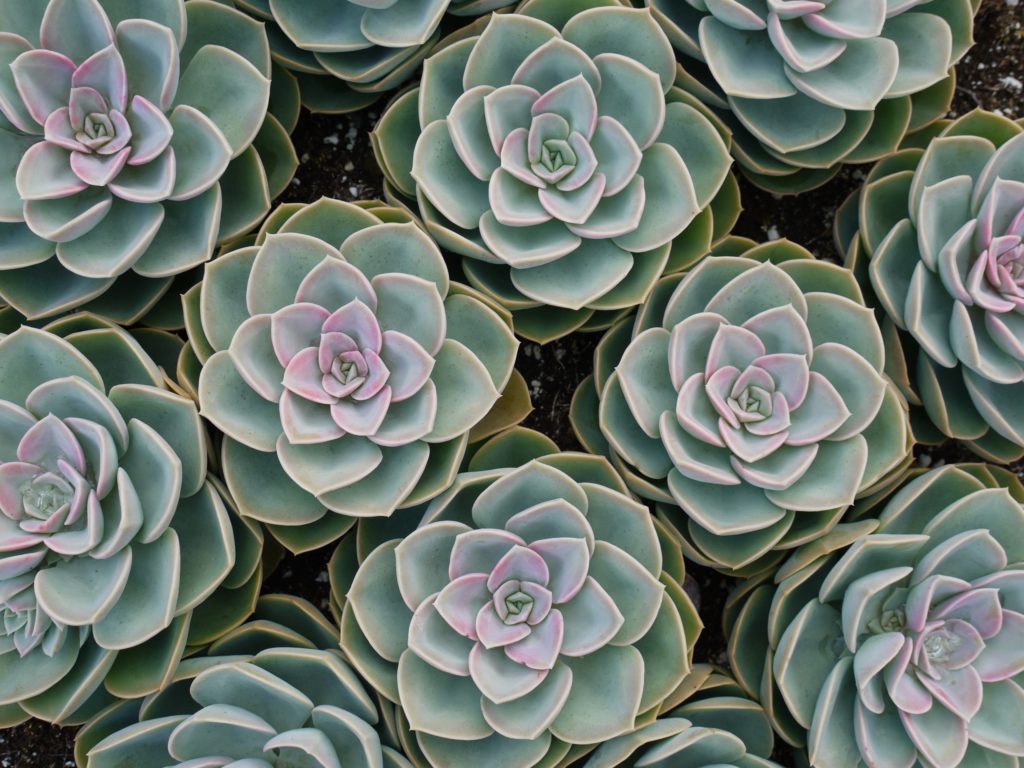
Instead of traditional lawns, many people are choosing alternative landscape plans. Ones that help enrich the ecosystems in their neighborhood and cut back on using a ton of water for upkeep. There are a variety of different ways to do this, depending on the climate you live in. Popular solutions include planting native flowers and plants, pollinator-friendly gardens, and adding plants that do not require special watering schedules.
Goodbye, Single-Use Plastics!
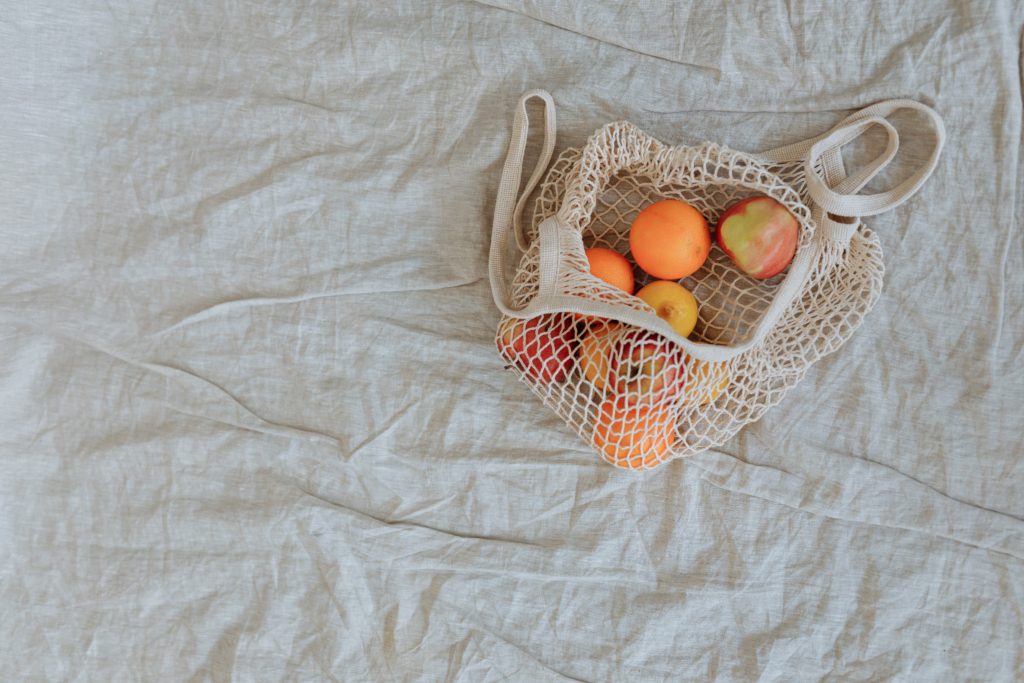
Single-use plastic goods are everywhere these days. From food packaging to beauty tools, it can feel like there is no escape. Luckily for us, many companies have sprung up over the past decade with the goal of eliminating single-use plastics in the home.
Shops like Package Free offer plastic-free alternatives for a variety of common household goods. Other companies like Blueland create cleaning products specifically designed to cut down on plastic waste.
Another great option is to buy food in bulk. It can be so easy to quickly pick up a pre-packaged bag of rice, or a can of beans. For a waste-free home, consider bringing your own bags and filling them up with dry goods from the bulk section! Most health food stores will offer a wide variety of foods that can be purchased in bulk, but even mainstream stores are starting to incorporate bulk sections into their aisles.
When it comes to creating a sustainable home, it’s important to remember that it’s all about progress. Little changes can make a big difference over time. Start small and work your way up!

